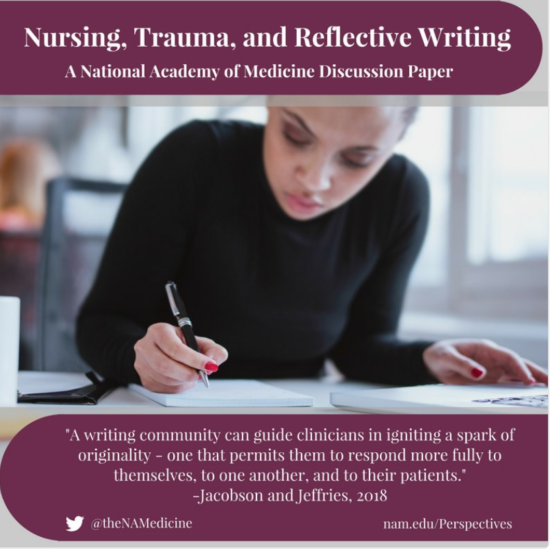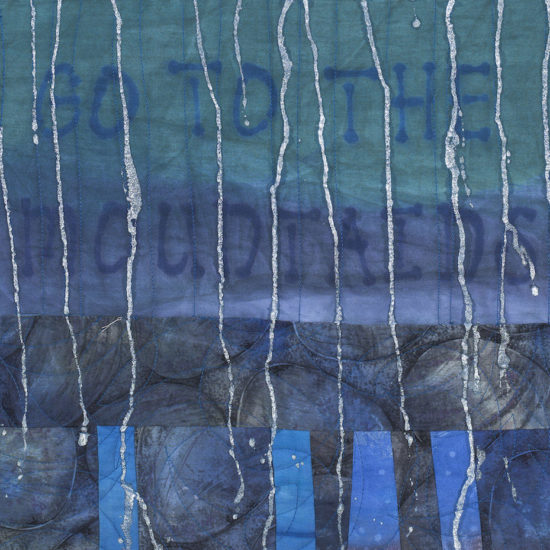Yesterday, our president-elect met with a noted vaccine skeptic. Trump and his team have been mulling the privatization of the Veterans Health Administration. Republican congress members are eagerly anticipating their repeal of the Affordable Care Act, even though most Americans say they don’t support a repeal without a replacement.
“We can’t sleepwalk through this one, Darlings.”
That’s Joanna Macy, longtime peace and environmental activist, scholar of Buddhism and systems theory, and translator of the poet Rilke whose work, since November 9, has been my light and my salvation. Macy made that remark in an inspiring 20-minute talk she gave at the Bioneers conference in 2014. She shows in this speech how Rilke’s words are inextricable from her philosophy:
I am so grateful to be alive now. For life to continue, that means . . . we have to make a giant step in our consciousness. We have to make real what we dream and know and intuit. That we are one-planet people and we can only be one-planet people if we honor all our differences. . . . Rilke said:
Quiet friend who has come so far,
feel how your breathing makes more space around you.
Let this darkness be a bell tower
and you the bell. As you ring,what batters you becomes your strength.
I’ve written at this blog, over the past several years, on the power of poetry to inform health care practice and policy. But we are entering a new political era, one that may force a further dissolving of many rigid old divisions—the arts from science, environmental activism from health care advocacy, research from clinical practice.
For this, we need poetry. Why? Because we have to make a giant step in our consciousness. Because we have to make real what we dream. Because we can’t sleepwalk through this one, Darlings.
Last November MacArthur fellow Claudia Rankine published a poem she had written a year before the passage of the ACA, called The Health of Us. The poem creates community from its first word, “We.” Rankine’s incantatory rhythm reminds us of the hope inspired by the mere thought of health care for all:
we understood
the impossibility of real equality but this single shift
toward a national community we thought
despite being founded on genocide and sustained by slavery
in God’s country we thought we were ready
to see sanity inside the humanity
Of the many challenges ahead, perhaps our greatest will be preserving that sight. How will we maintain our ability to see, and help one another to see, what Rankine so brilliantly calls “sanity inside the humanity”?
I wrote in 2015 that what poetry has to offer health care and health policy is its “reporting on the human beings at the heart of a vast and sometimes spiritless industry.”
But Rilke says it better. His sonnet, which Macy quotes from in her speech, continues:
Move back and forth into the change.
What is it like, such intensity of pain?
If the drink is bitter, turn yourself to wine.









PATRICIA WAGNER DODSON / January 11, 2017
What a great piece, Joy. Thanks for reminding us of the poetry even when the reality of our present circumstances seem so dysfunctional, even absurd. Sleepwalking is not an option. I believe the moment is coming when critical mass will be achieved, when the lies will be exposed, and all Americans will demand change. Thank you for allowing us to see the connection between poetry and health as well as the connection between poetry and action.
/